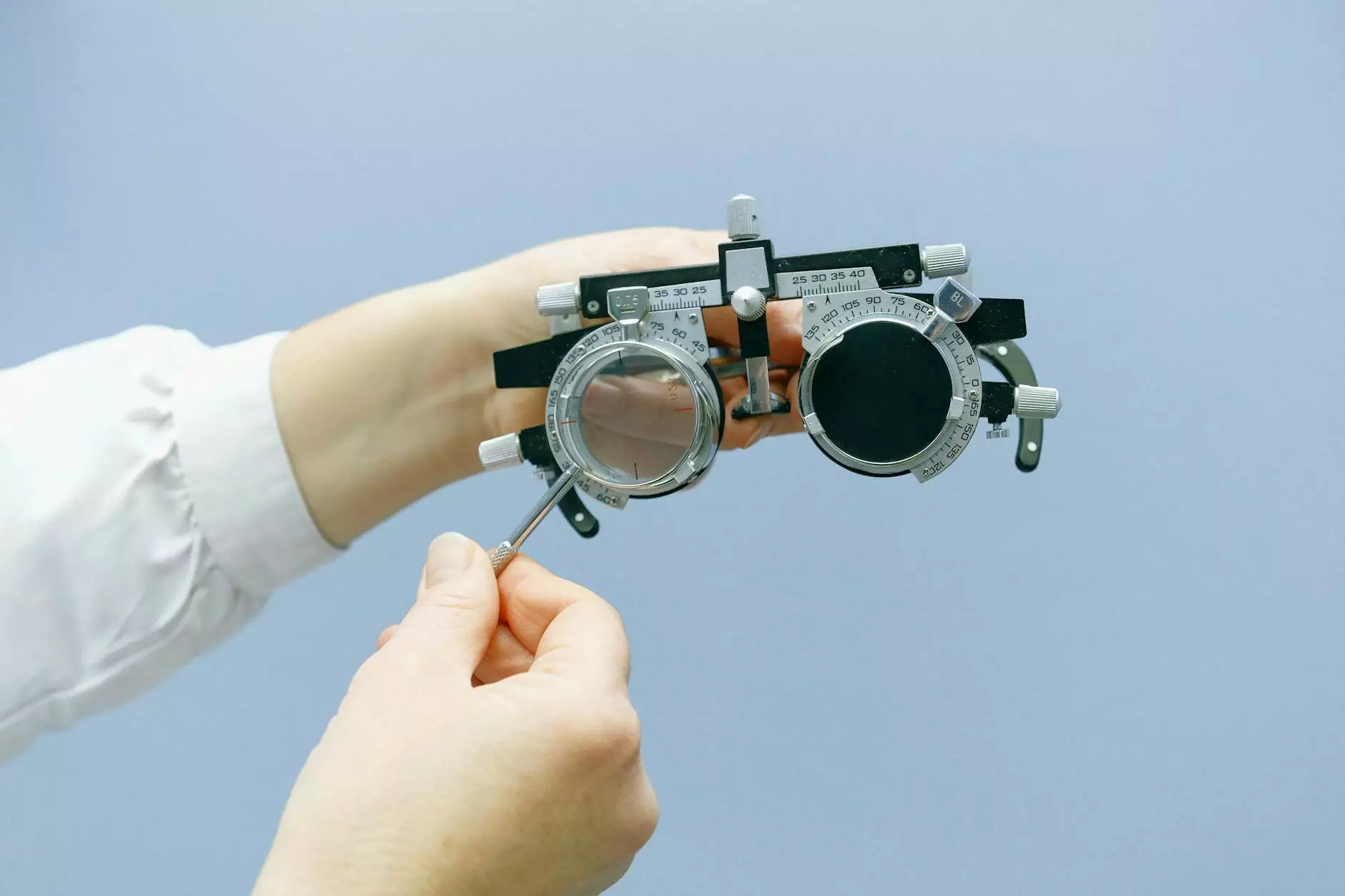Understanding Japanese Vehicle Parts: A Comprehensive Guide

In the automotive industry, Japanese vehicle parts have earned a stellar reputation for their exceptional quality, durability, and performance. This article delves deep into the fascinating world of Japanese vehicle parts, exploring their origins, benefits, and how they contribute to the overall excellence of vehicles around the globe. Whether you are a car enthusiast, a mechanic, or simply someone looking to enhance the performance of your vehicle, understanding the value of Japanese vehicle parts is essential.
The Heritage of Japanese Automotive Engineering
Japanese automotive engineering has its roots in the early 20th century. The country's dedication to precision, innovation, and quality has set a benchmark in the global automotive industry. Companies like Toyota, Honda, Nissan, and Subaru have pioneered manufacturing practices that emphasize reliability and performance.
The Japanese vehicle parts manufactured by these companies incorporate advanced technologies and rigorous testing protocols, ensuring that every part meets the highest safety and performance standards. This commitment to excellence has made Japanese vehicle parts a preferred choice not just in Japan but worldwide.
Why Choose Japanese Vehicle Parts?
When it comes to vehicle repairs and modifications, the choice of parts can significantly affect performance, safety, and longevity. Here are some compelling reasons to consider using Japanese vehicle parts:
- Quality and Reliability: Japanese parts are synonymous with superior quality. They undergo stringent quality control at every stage of production to ensure reliability.
- Performance Enhancements: Many aftermarket Japanese vehicle parts are designed to enhance performance, making your vehicle faster and more efficient.
- Longevity: Superior manufacturing processes result in parts that last longer, reducing the frequency and cost of repairs.
- Advanced Technology: Japanese manufacturers are at the forefront of automotive technology, often incorporating the latest innovations into their parts.
- Environmental Compliance: Many Japanese parts comply with stringent environmental guidelines, contributing to a greener planet.
Common Types of Japanese Vehicle Parts
Japanese vehicles are composed of a myriad of parts, each contributing to the overall functionality and performance of the vehicle. Here are some of the most commonly used Japanese vehicle parts:
1. Engine Components
The heart of any vehicle is its engine. Japanese vehicle manufacturers produce high-quality engine parts such as:
- Pistons
- Crankshafts
- Camshafts
- Valves
These components are engineered for precision and durability, ensuring optimal engine performance.
2. Suspension Parts
The suspension system is vital for vehicle handling and ride comfort. Key Japanese vehicle parts in this category include:
- Shock Absorbers
- Struts
- Control Arms
- Bushings
High-quality suspension parts enhance stability and increase the lifespan of other vehicle components.
3. Transmission Components
The transmission is essential for vehicle operation. Reliable Japanese vehicle parts for transmissions include:
- Gears
- Clutches
- Fluid Pumps
- Torque Converters
Quality transmission components ensure smooth shifting and prolonged vehicle life.
4. Brake Systems
Safety is paramount in any vehicle, and the brake system is critical. Important Japanese vehicle parts in this system include:
- Brake Pads
- Rotors
- Calipers
- Master Cylinders
Utilizing high-quality brake components reduces stopping distances and enhances safety.
The Importance of Genuine vs. Aftermarket Parts
When considering Japanese vehicle parts, it is crucial to distinguish between genuine OEM parts and aftermarket parts.
Genuine OEM Parts
Original Equipment Manufacturer (OEM) parts are made by the vehicle’s manufacturer. They provide a perfect fit, maintain warranty coverage, and uphold the vehicle’s value. They are often more expensive but offer peace of mind regarding quality and reliability.
Aftermarket Parts
Aftermarket parts are produced by third-party manufacturers. Many aftermarket Japanese vehicle parts can be of equal or even superior quality compared to OEM parts, and they often come at a lower price. However, not all aftermarket parts are created equal, so research and choose reputable brands.
Where to Buy Japanese Vehicle Parts?
Acquiring Japanese vehicle parts has never been easier, with a multitude of options available. Here are some popular sources:
1. Authorized Dealers
Dealerships often have an extensive inventory of genuine OEM parts. This can be a reliable but potentially costly option.
2. Online Retailers
Many online platforms specialize in auto parts and offer competitive prices. Websites like 1autoparts.com provide a vast selection of Japanese vehicle parts, often with detailed specifications and comparison tools.
3. Local Auto Parts Stores
Local auto parts stores typically carry both OEM and aftermarket parts. They can also be a good resource for advice and support.
4. Salvage Yards
Salvage yards can be treasure troves for finding used Japanese vehicle parts at a fraction of the cost. However, ensure you inspect parts thoroughly for quality.
The Future of Japanese Vehicle Parts
The automotive industry is evolving rapidly, with trends leaning towards electric vehicles (EVs) and hybrids. Japanese manufacturers are at the forefront of this transition, developing advanced vehicle parts that meet the needs of modern consumers.
As the demand for sustainable and efficient vehicles rises, Japanese vehicle parts are integrating innovative technologies like:
- Hybrid Technology
- Advanced Driver-Assistance Systems (ADAS)
- Electric Battery Components
- Lightweight Materials for Improved Efficiency
These advancements not only improve the performance of vehicles but also contribute toward an environmentally friendly future.
Conclusion
In summary, Japanese vehicle parts play a crucial role in enhancing vehicle performance, reliability, and safety. Whether you are looking to repair, upgrade, or maintain your vehicle, choosing quality parts is essential for optimal results. With a rich history steeped in innovation and engineering excellence, the impact of Japanese vehicle parts on the automotive industry is profound and enduring.
As you explore options for your vehicle, remember the benefits of investing in quality parts from reputable sources like 1autoparts.com. By making informed choices, you can ensure your vehicle remains dependable and enjoyable for years to come.
Stay tuned to the latest trends and technologies in the automotive world, and embrace the excellence that Japanese vehicle parts have to offer.









